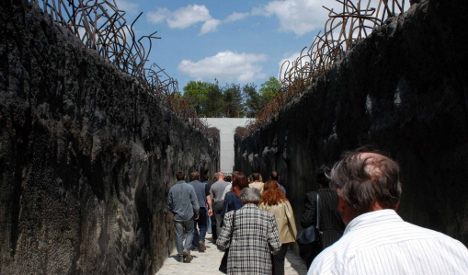The Bonn state prosecutor confirmed to Focus magazine at the weekend that the death of Samuel Kunz was being investigated after the prosecutor received reports that his death was unnatural.
Kunz, who worked for the Federal Construction Ministry until his retirement in the Rhine-Sieg area, was charged with ten cases of murder and more than 430,000 cases of being an accessory to murder for acts committed during his time as an SS guard in the Belzec extermination camp.
Despite having not left Germany, and being the third-most wanted war criminal on the Simon Wiesenthal Centre’s list, he was only brought to trial last year.
But he died aged 89 shortly before proceedings were due to start.
Now the initial conclusion that he died of heart failure is being challenged after it emerged that the post-mortem showed he died of hypothermia. A lawyer has filed an official complaint that he died of unnatural causes, which has prompted the investigation.
DPA/hc



 Please whitelist us to continue reading.
Please whitelist us to continue reading.
Member comments